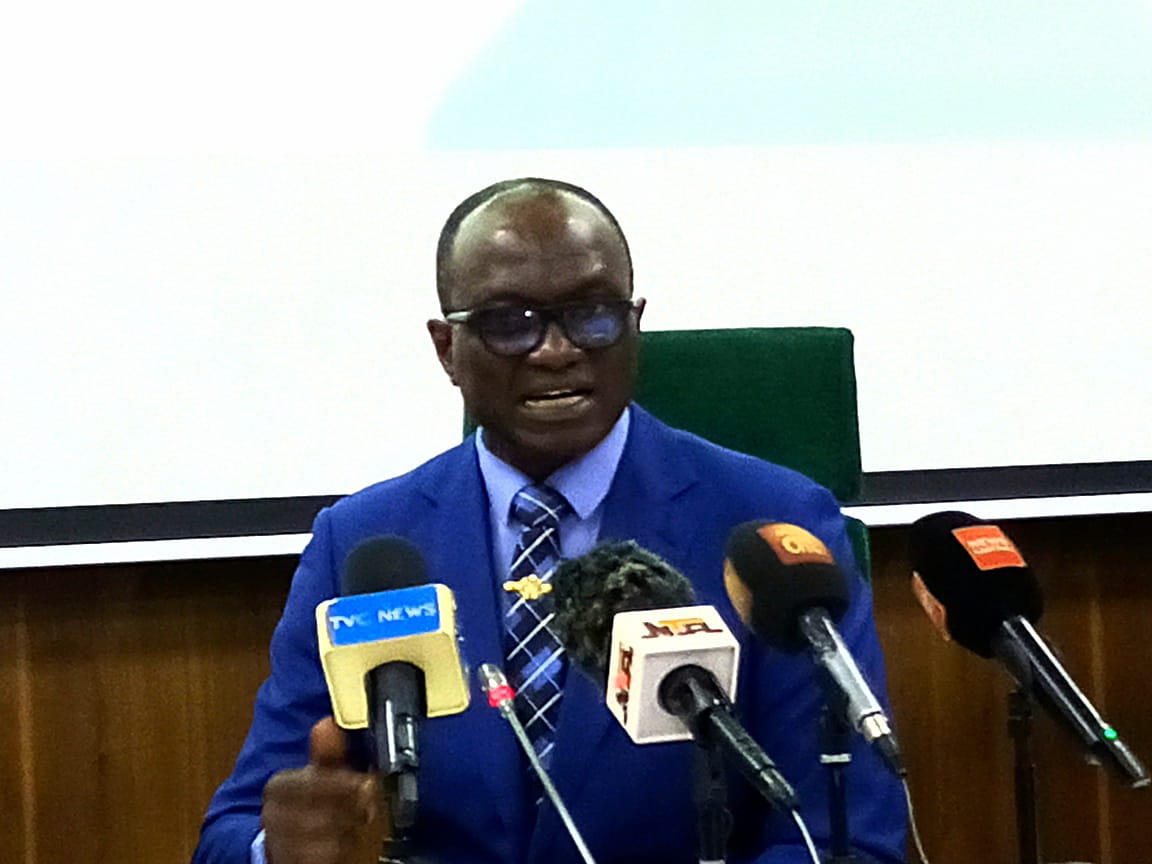Tinubu int. conference centre fully booked till 2027 – Wike
By Philip Yatai
The Minister of the Federal Capital Territory (FCT), Mr Nyesom Wike, says the recently rehabilitated Bola Ahmed Tinubu International Conference Centre is fully booked till 2027.
Wike disclosed this in Abuja on Thursday, during the inauguration of the Kugbo Bus and Taxi Terminal by President Bola Tinubu to celebrate his second year in office.
He recalled that the FCT Administration came under criticism for spending huge resources to rehabilitate and upgrade the conference centre to international standard.
He said that some people condemned the decision to refurbish the centre, adding that Tinubu had just hosted an ECOWAS meeting at the centre.
According to him, people and organisations are now rushing the edifice to hold their events.
“You know Nigerians can pretend. They like good things, but they pretend as if they don’t.
“As I speak to you, that conference centre has been booked now till 2027. No space.
“In fact, I saw the application by the Deputy Speaker on constitutional amendment but there is no space, no day, but I’m trying to adjust if he can pay on time, because it’s not free.
“There’s nothing like a national assembly this or that, you have to pay something for us to sustain the facility.”
He commended Tinubu for taking a decisive decision to move the country forward.
He noted that there could be some challenges being experienced in the country, adding that and that’s the essence of leadership.
According to him, no leader can succeed without taking decisions that might come with criticism.
“No leader can succeed without taking a decision because people will say something – people must say something because if you don’t take that decision, people will say something.
“If you take the decision, people will say something. Therefore, do something.
“For me, that’s all about what we are doing in FCT. We are not here to make only big men happy; we are here to make big men and poor people happy.
“That’s what will move this country forward and that’s what the President has shown.”
He explained that the Kugbo bus and taxi terminal being inaugurated, alongside its counterpart in Mabushi and that of the Central Business District under construction would sanitise public transportation in the FCT. (NAN)
Edited by Abiemwense Moru









